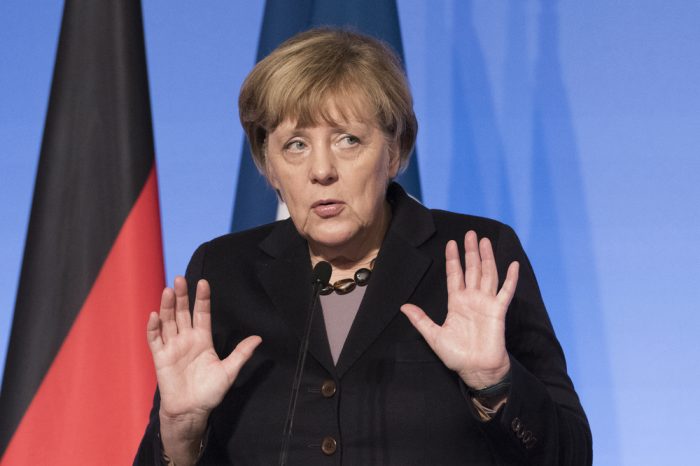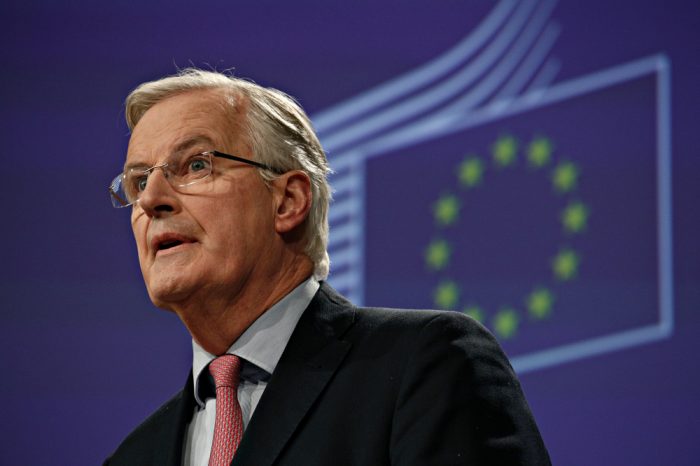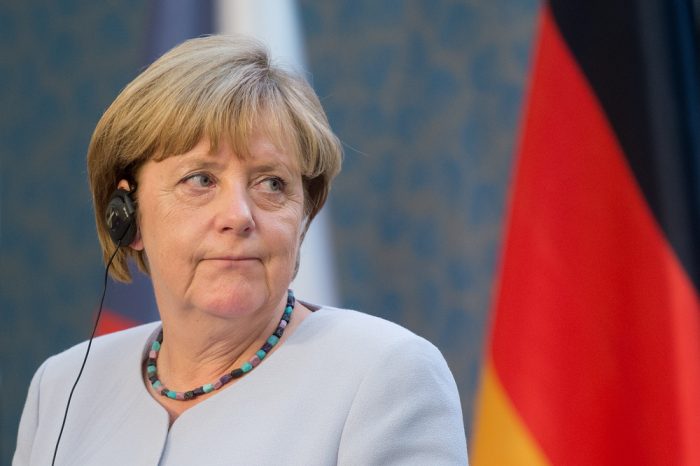A dismal choice for the electorate
With the UK General Election less than four months away, campaigning has already started. Barring a miracle, we face the dismal choice of either David Cameron or Ed Miliband as prime minister, although neither of the parties they lead look likely to gain an outright majority.
The Labour Party will lose one of its most consistent and honourable supporters of UK independence with Austin Mitchell, the MP for Grimsby, standing down after 38 years. There are still a number of Labour MPs who believe the UK should quit the EU, notably Kate Hoey, John Cryer, Kelvin Hopkins and Graham Stringer. However, they are in a minority and on the back benches. Miliband has consistently refused to allow the UK voters a say in whether we should continue to be members of the EU and, in spite of the valiant efforts of John Mills and the CIB-affiliated Labour Euro Safeguards Campaign, looks unlikely to change his mind any time soon. If Red Ed ends up in Downing Street, we can therefore look forward to five more years of misery as Brussels continues to do some 80% the job that our MPs are elected (and paid) to do.
Of course, David Cameron has insisted that only a vote for the Conservatives will secure a referendum on our EU membership, but can he be trusted? In many ways he cuts a rather pathetic spectacle – certainly not the sort of person able to fight for a good deal for the country if we vote to leave. Yesterday’s visit by Angela Merkel only underlined the subservience our Prime Minister seems obliged to show to the German Chancellor. We will be allowed to renegotiate only what she allows us to. Once she declared that there could be no change to the EU’s fundamental principle of free movement of people, it promptly disappeared from Dave’s wish list. She made it clear yesterday that she did not support Cameron’s desire for treaty change. Roger Boyes, writing in Wednesday’s Times, claims that “Merkel is losing faith with parochial Britain.” He suggests that those who believe that Germany will do anything to keep Britain within the EU are mistaken. “There was a collective sigh of exhaustion at a German-hosted diner this week when a guest read out the headline ‘Cameron warning to Merkel: I won’t rule out leaving the EU’. One day Mrs Merkel will wake up and ask: would German interests in Europe or the world be seriously damaged without Britain in the EU? Her answer, as a cold-eyed trained scientist? Probably not.” No doubt in the event of a Tory victory and a renegotiation followed by a referendum, David Cameron will try and present such crumbs as fall from the German Chancellor’s table as a major triumph, following in Harold Wilson’s footsteps of 40 years ago. His claim that “if I don’t get what is needed, I rule nothing out” rings very hollow when he has made it clear that, if elected, there will be no place for withdrawalists in his 2015 cabinet. According to the Daily Mail, he insisted that “all senior Tories will have to support his stance on voting to stay in the European Union if he secures a deal on clawing powers back from Brussels.”
So the best Tory MPs will be stuck on the back benches, leaving him with only the dregs of the party from which to choose ministers – unless, of course, they defect to Ukip as Cameron refused totally to rule out a coalition with Ukip in the event of a hung parliament, for no doubt Nigel Farage’s party will insist on being offered at least one seat in the cabinet as a price for joining the government.
At least the ongoing woes of the Eurozone, concerns about free movement of people and the rise of Ukip will ensure that the all-important issue of withdrawal from the EU cannot be swept under the carpet as it has been in previous general elections. However, it looks to be a while before we will be led by a man (or woman) who has come to their senses and realises that the future for Britain is as a free country, looking to the wider world rather than confined within the dysfunctional EU. In other words, the road to withdrawal still looks to be a long and rocky one.







